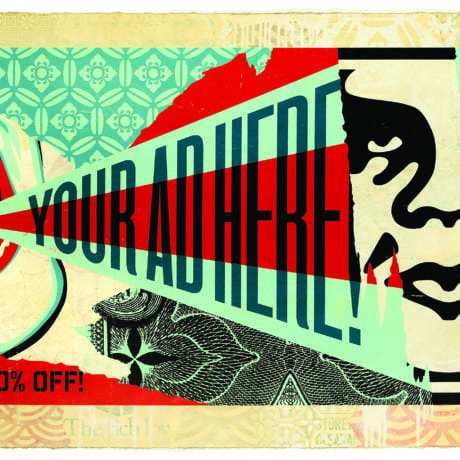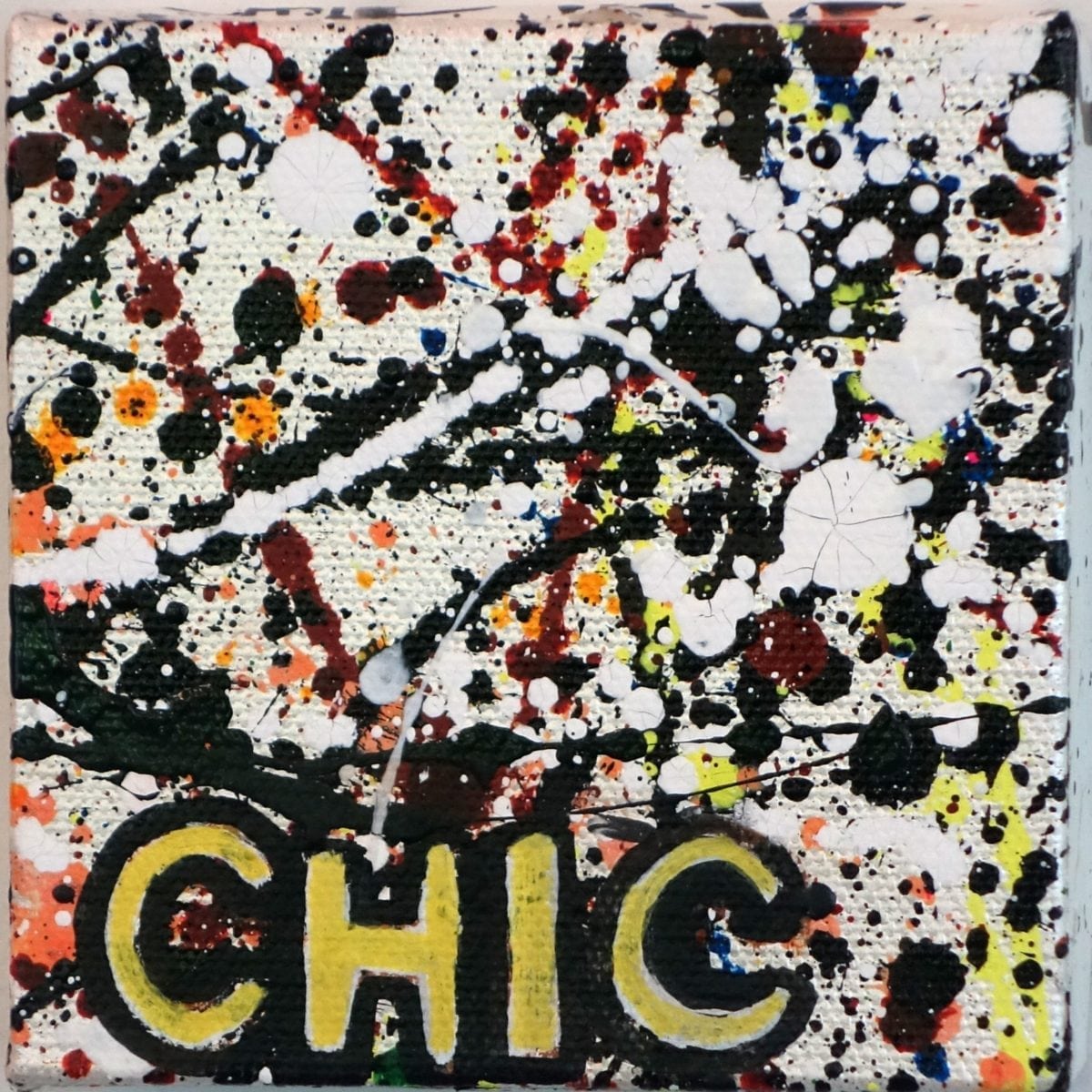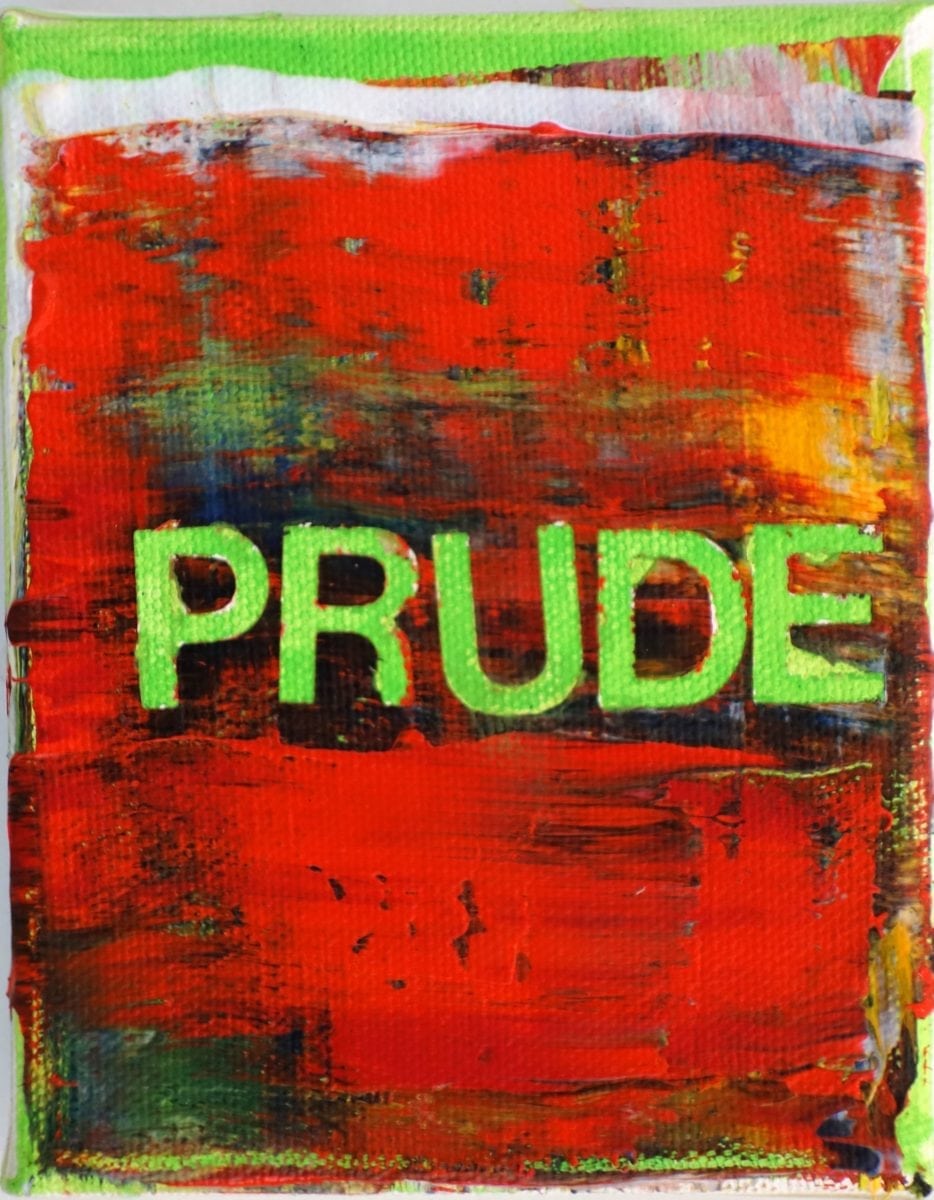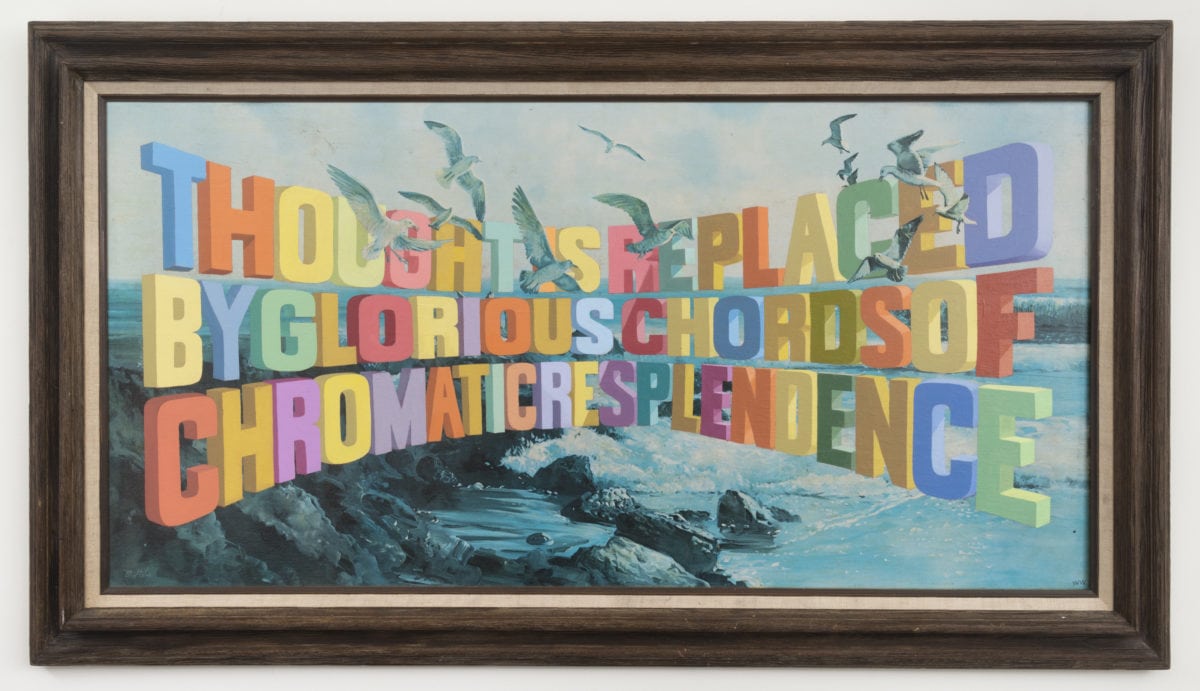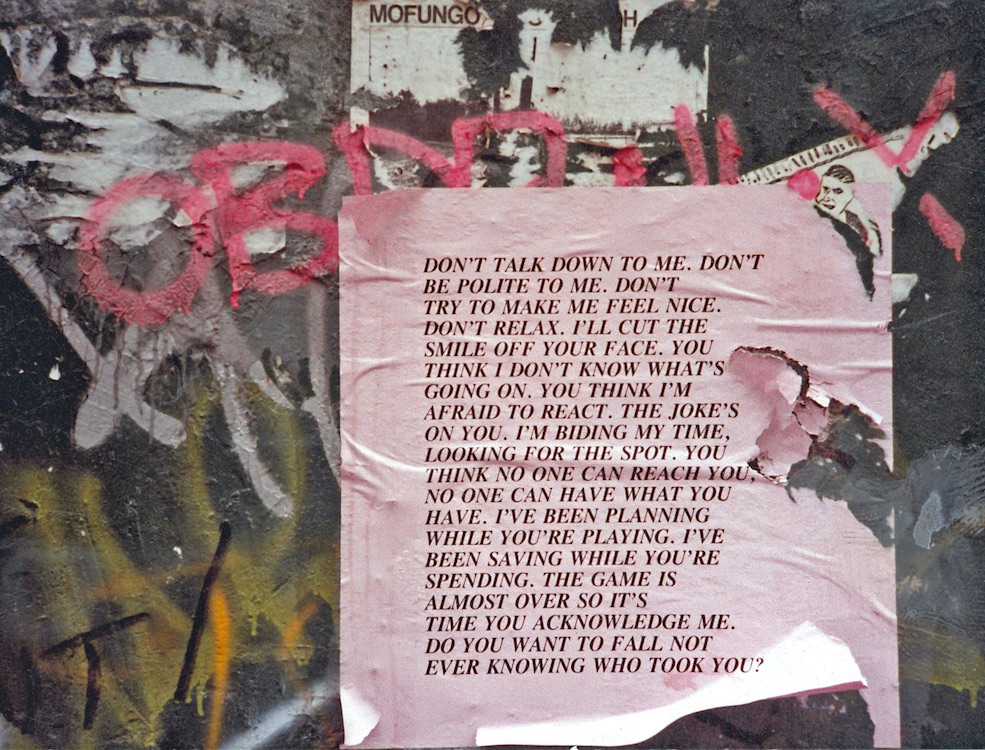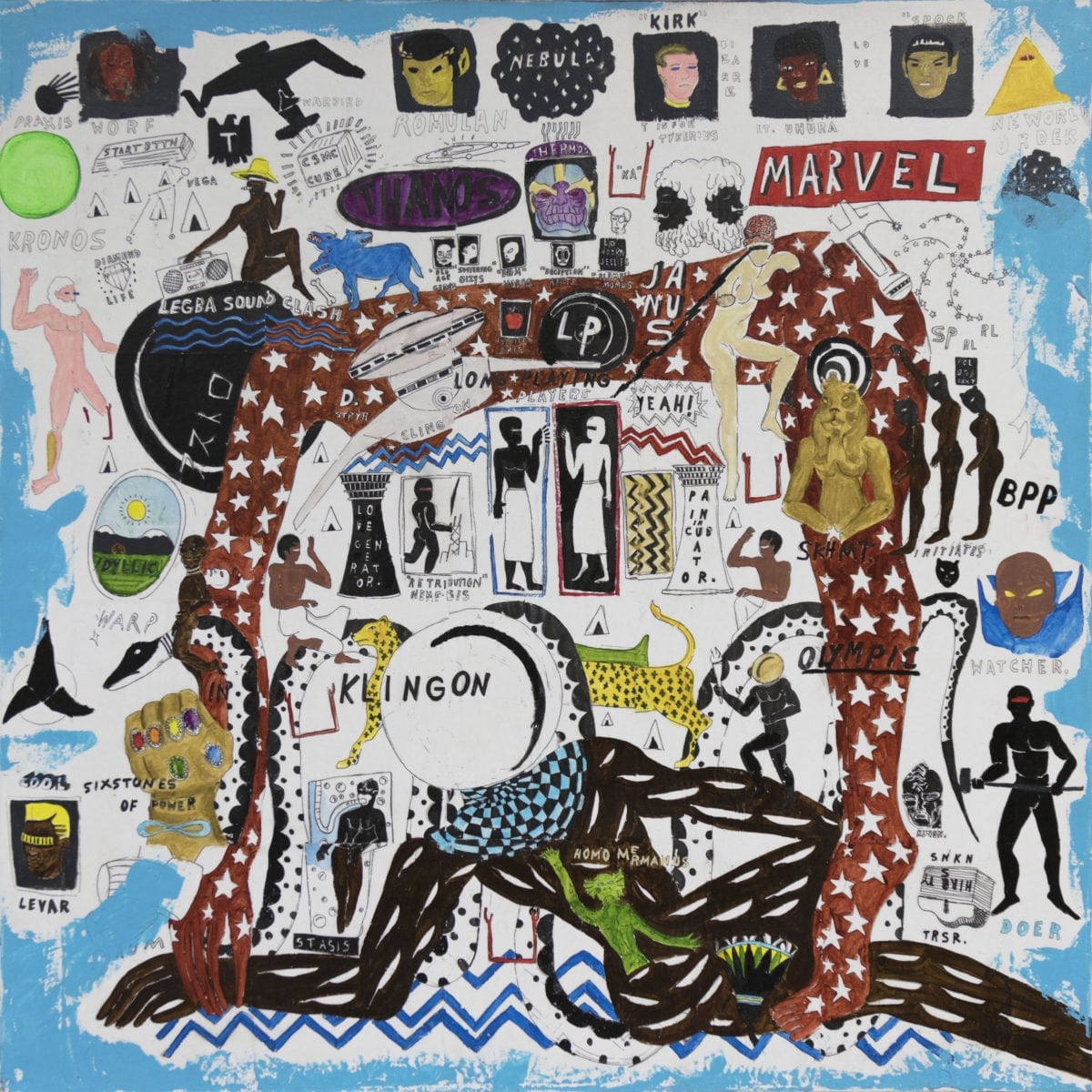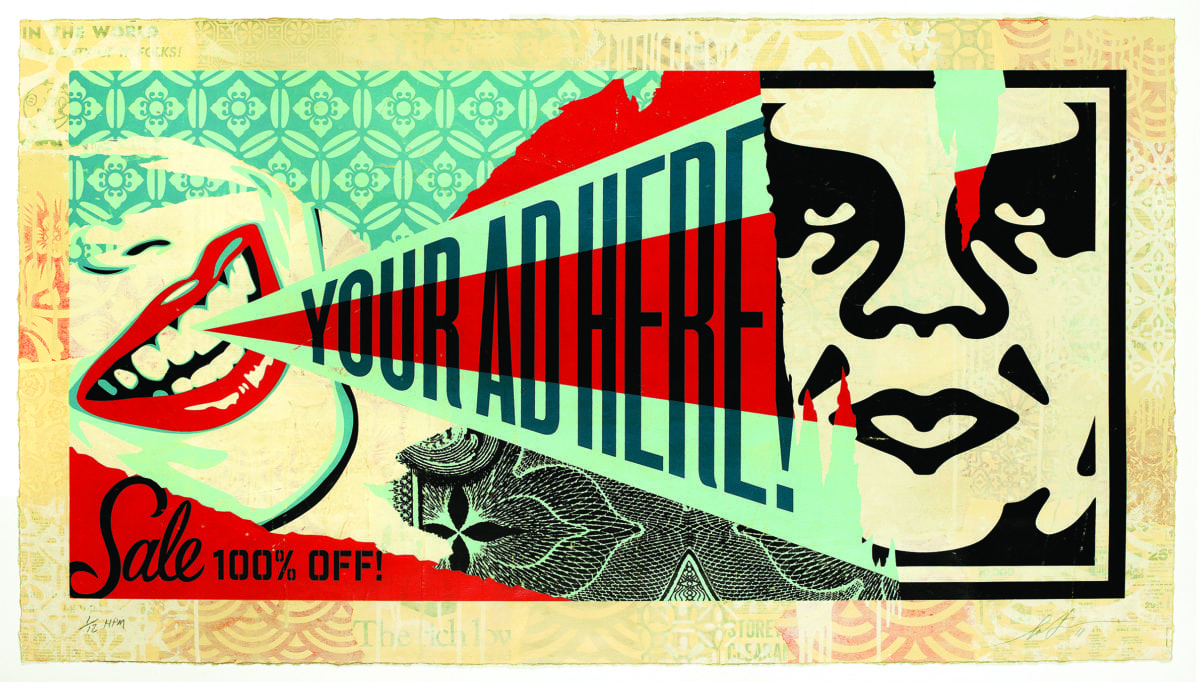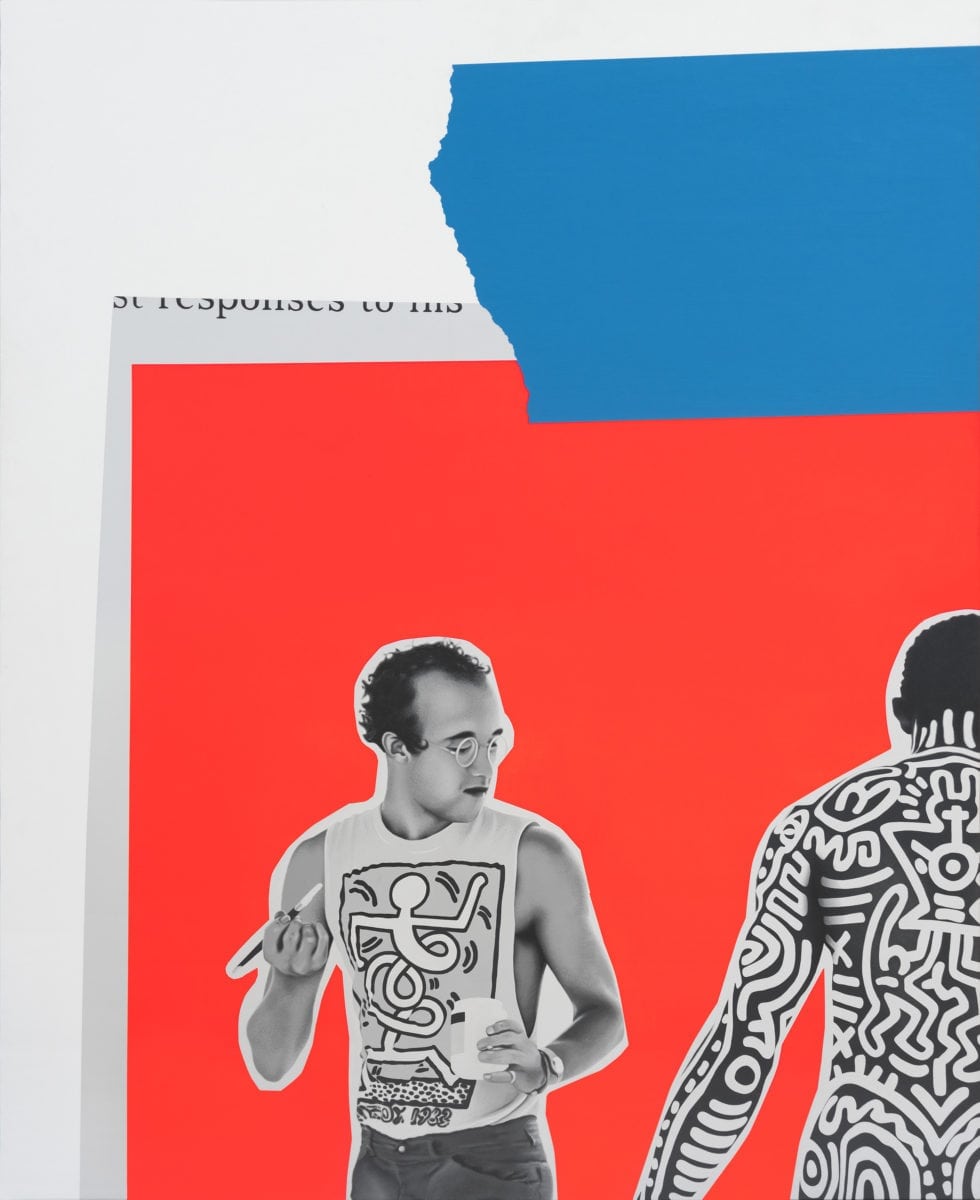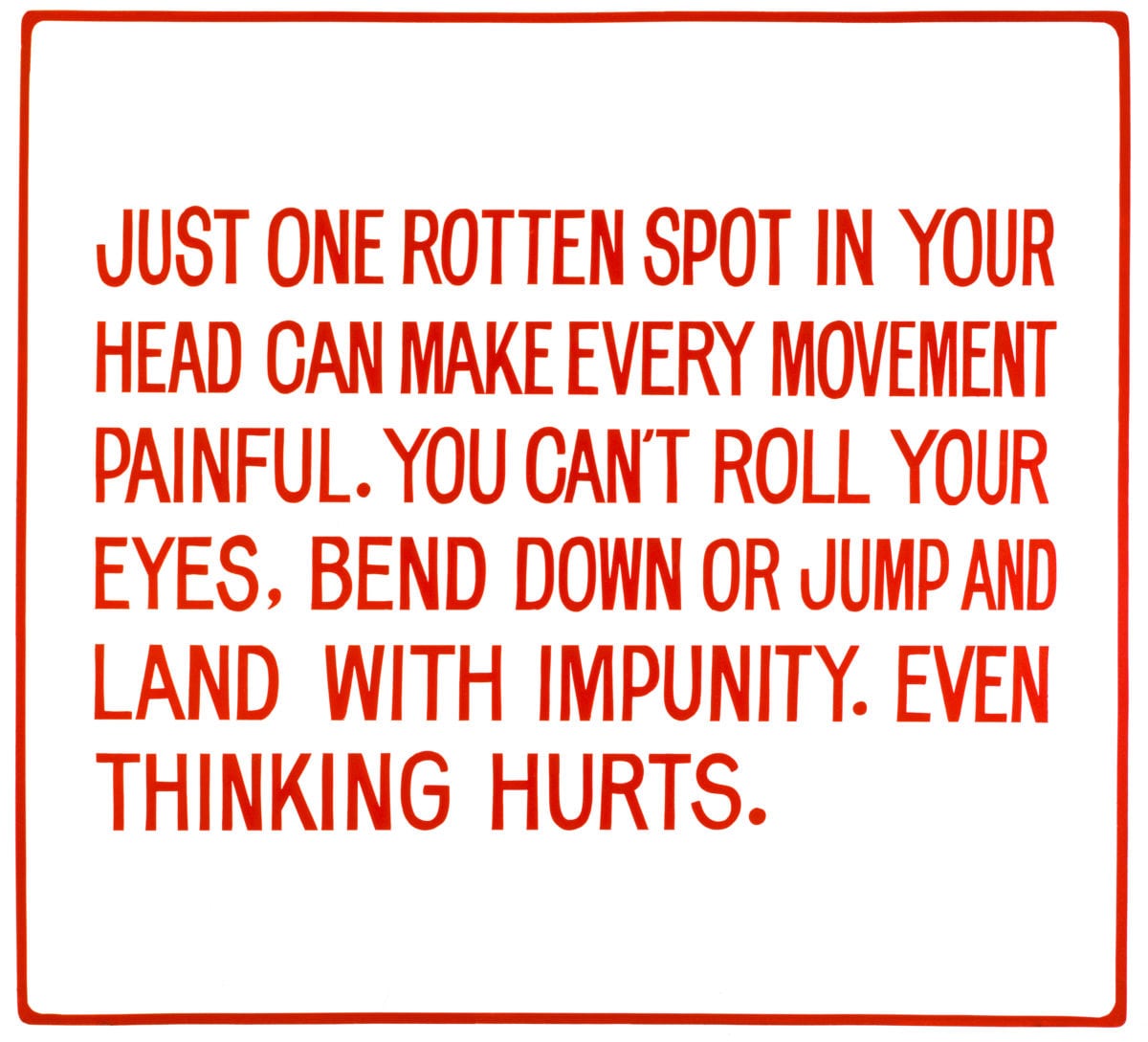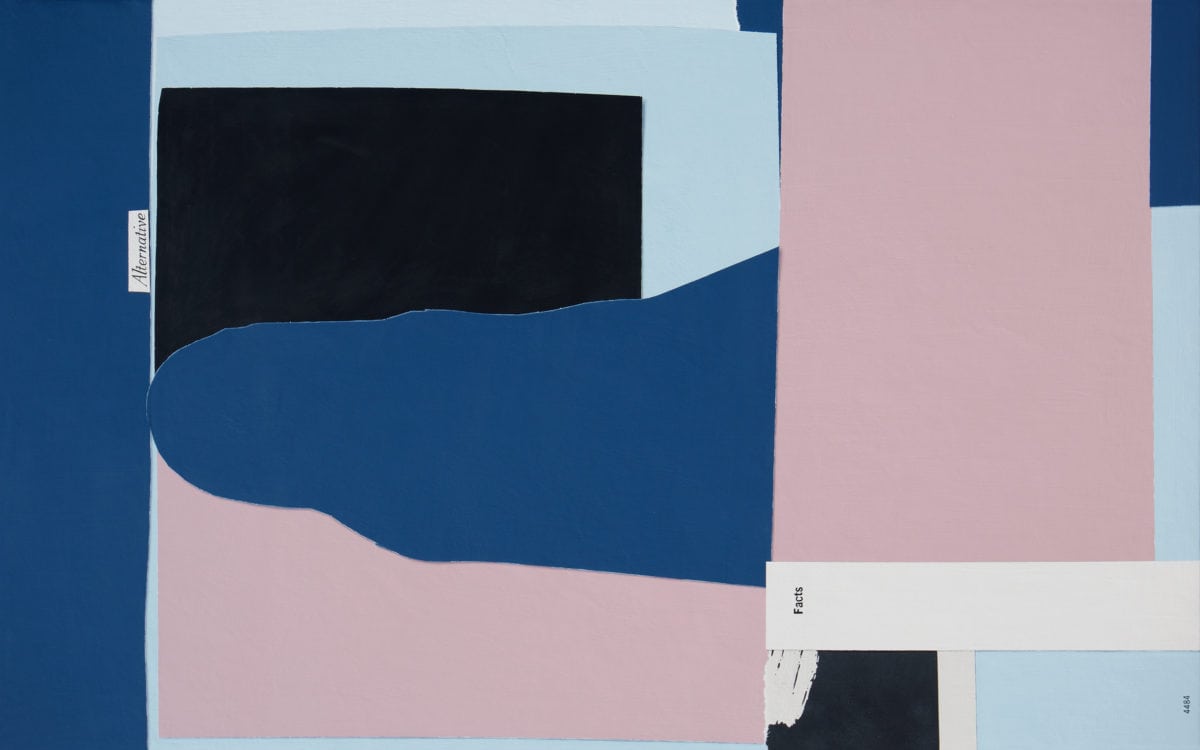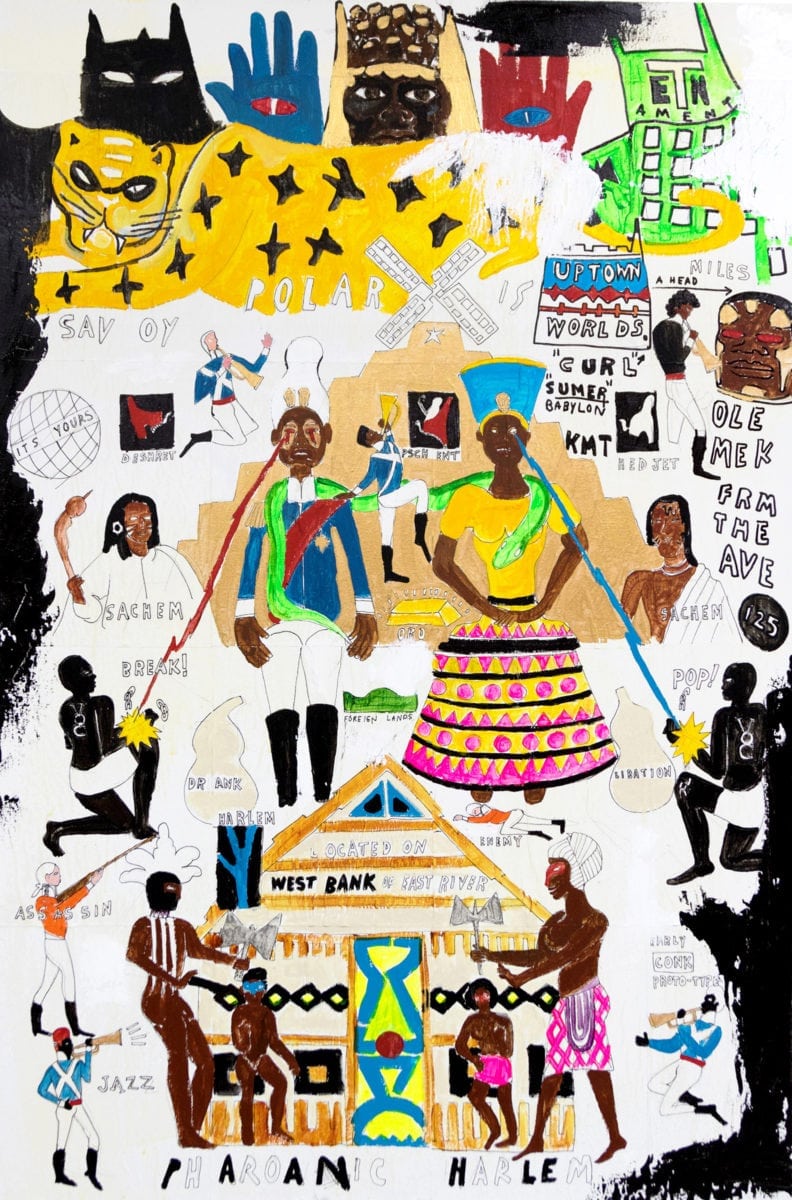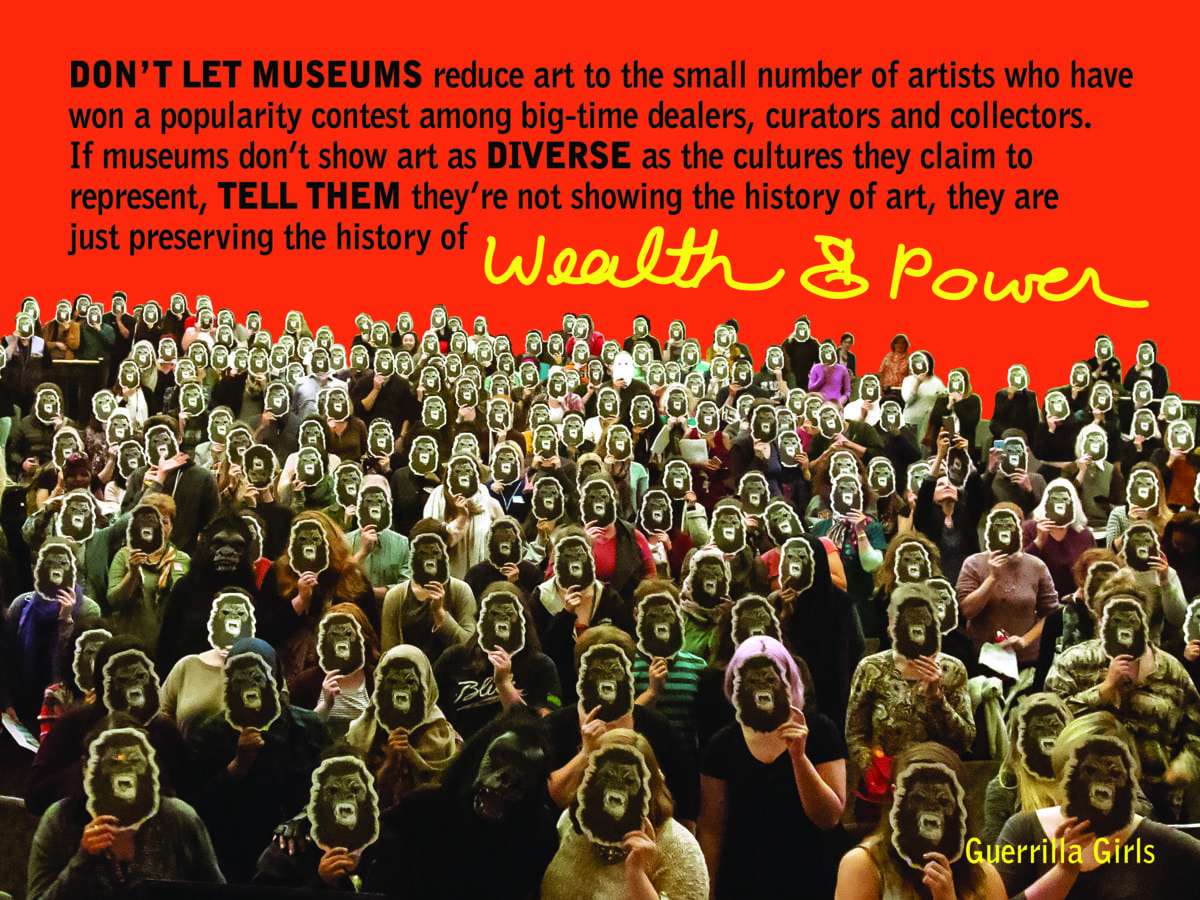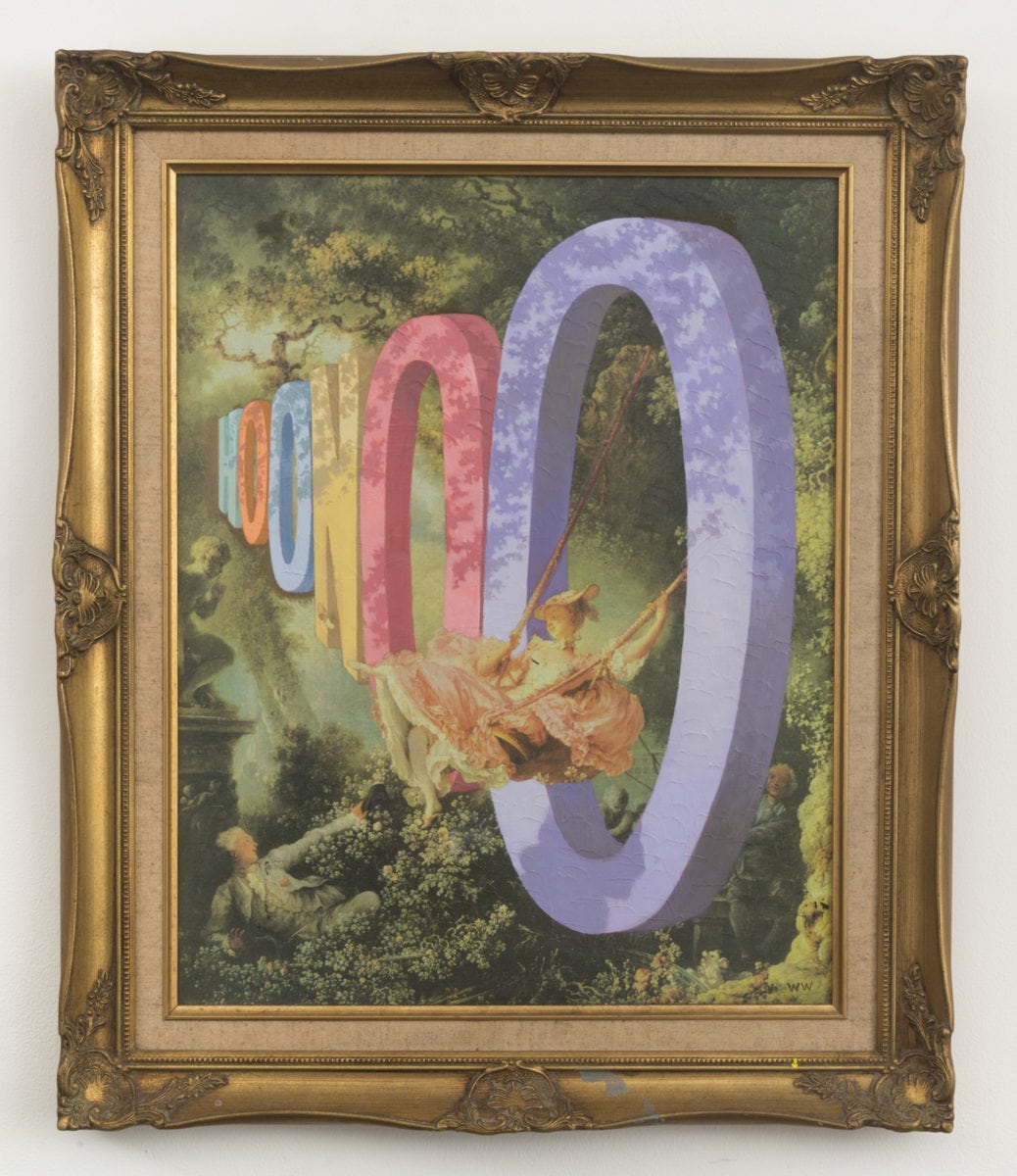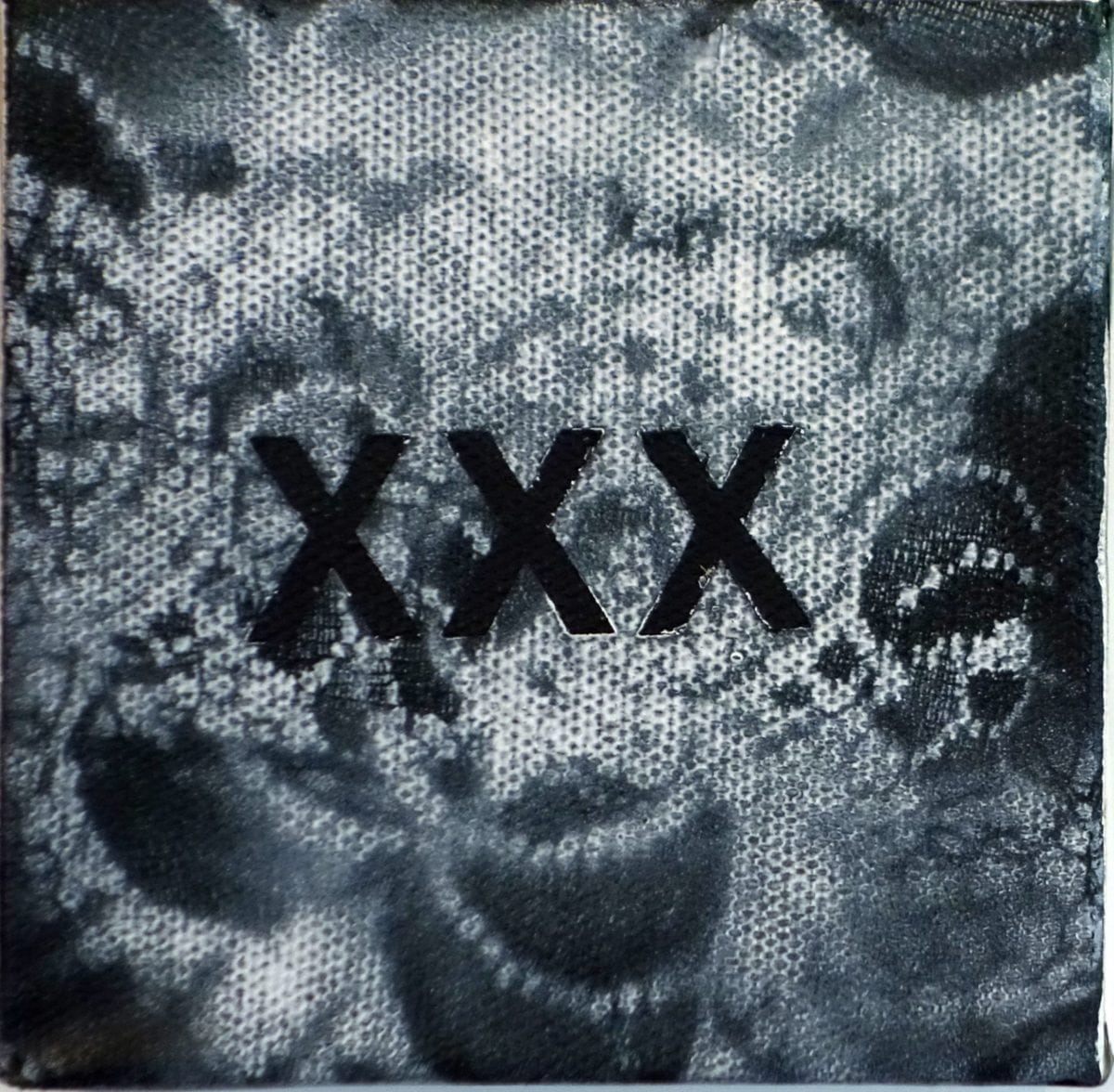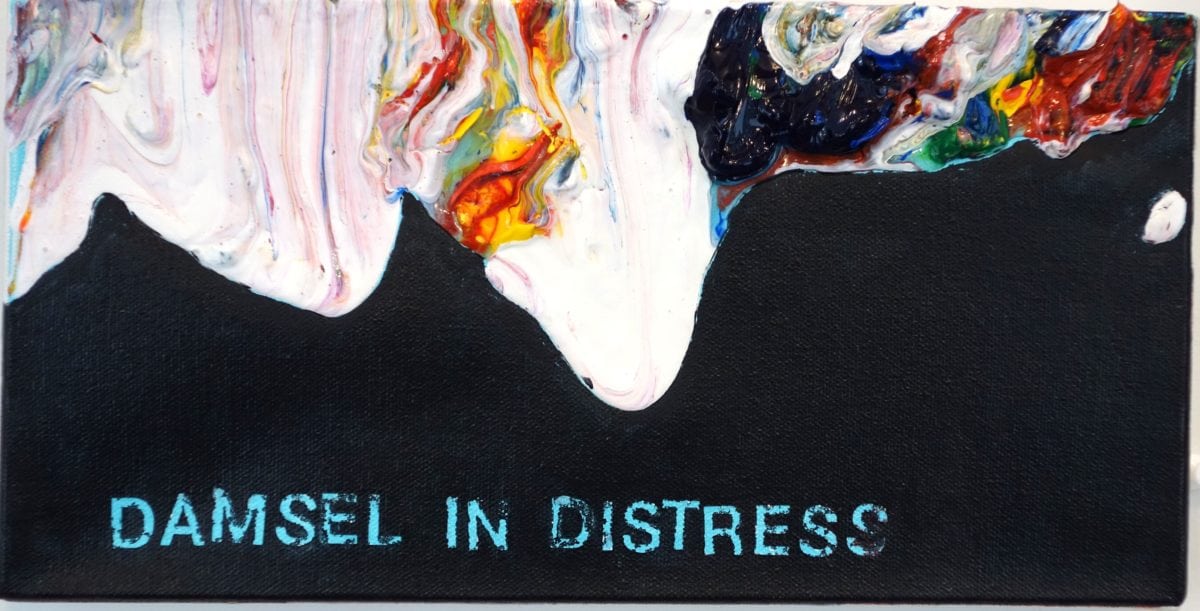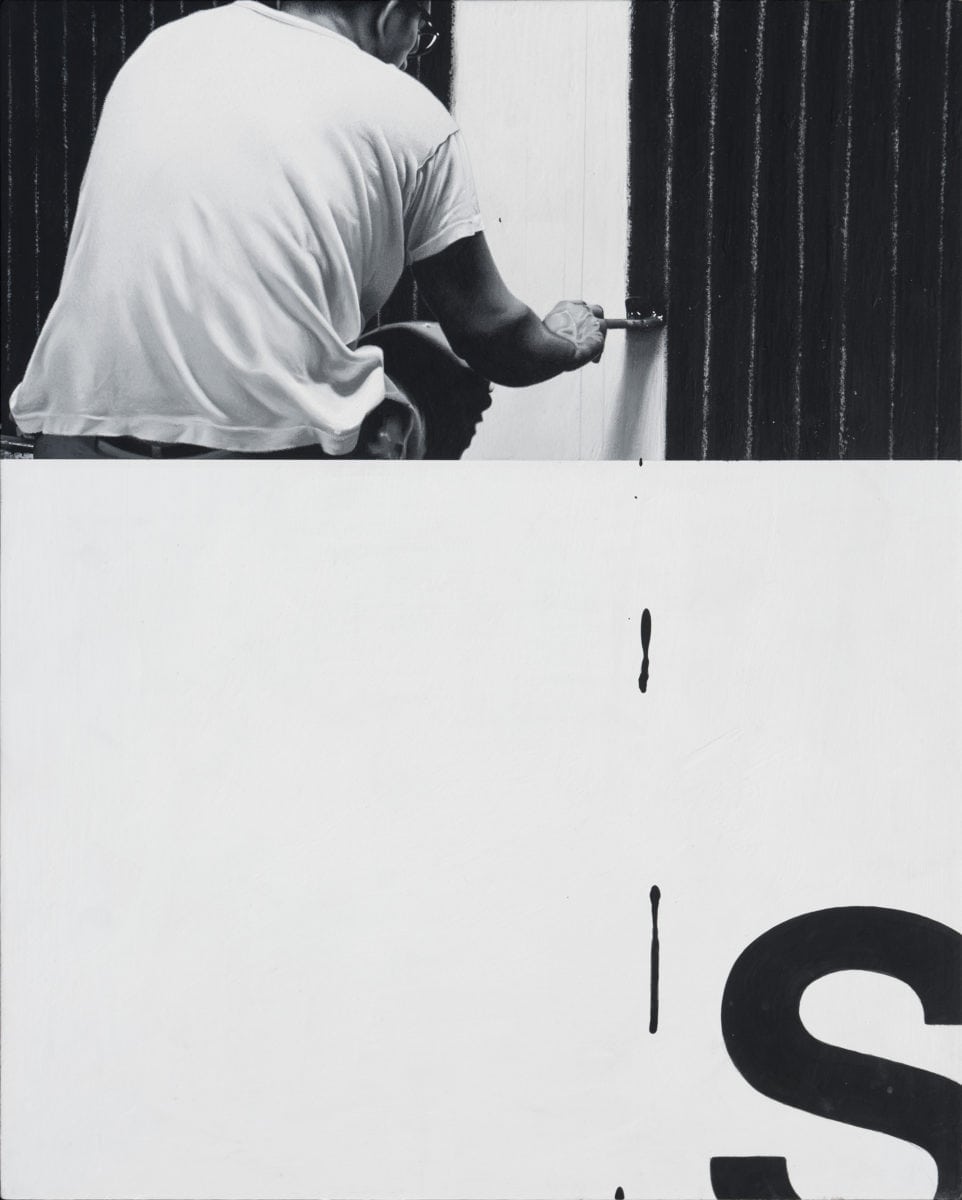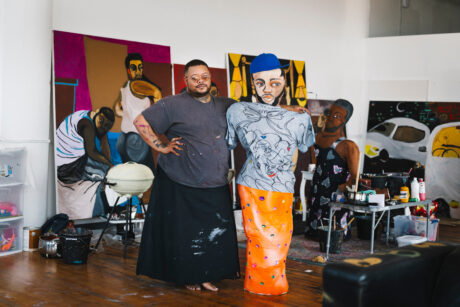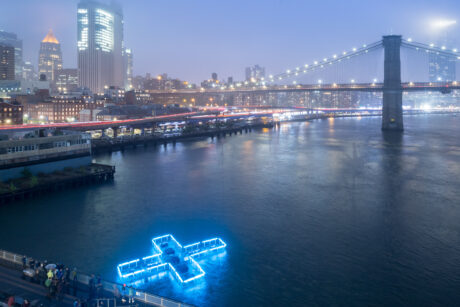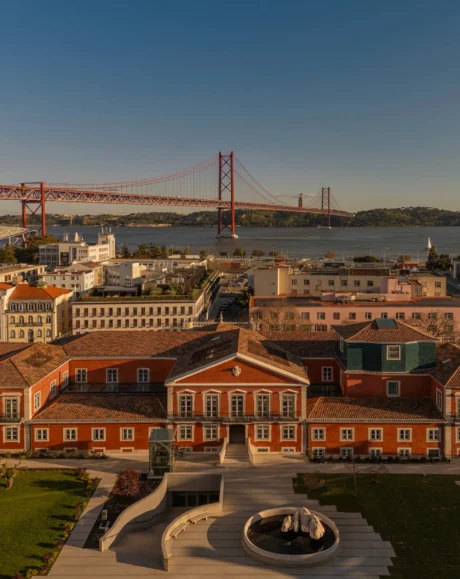Text and art had a storied history throughout the twentieth century, combined by artists such as Lawrence Weiner
and Ed Ruscha, who were influenced by the golden age of advertising. Billboards, with their high-impact messaging strategy, combine image and text in a format that has shaped the development of a similar pairing in the art world. Roadside billboards must communicate to drivers on the great American highway in a matter of seconds—spare in their choice of words, direct in their address—something that smaller-scale fly-posters also take direction from. Jenny Holzer has notably made use of this format on numerous occasions, particularly with her Truisms series, in which provocative statements were printed on posters and stuck up around New York City in the 1980s.
A new exhibition brings together some of the American artists who have explored this intertwined relationship, including Holzer, alongside other greats of the twentieth century such as Betty Tompkins and Ruscha, while younger artists include Ramsey Dau and Scott Albrecht. Posters by the Guerrilla Girls, part of their longstanding campaign for gender equality, are prominently included, alongside street artist, graphic designer and icon of the skateboarding underground Shepard Fairey. Fairey is also the co-founder of Subliminal Projects, the LA-based gallery that is hosting the exhibition in conjunction with newly-opened New York space Faction Art Projects in New York—both galleries will exhibit sections of the show simultaneously.
Visual Language: A Bi-Coastal Group Exhibition Presented by Subliminal Projects and Faction Art Projects
Until 6 October 2018 at Subliminal Projects, Los Angeles
VISIT WEBSITE